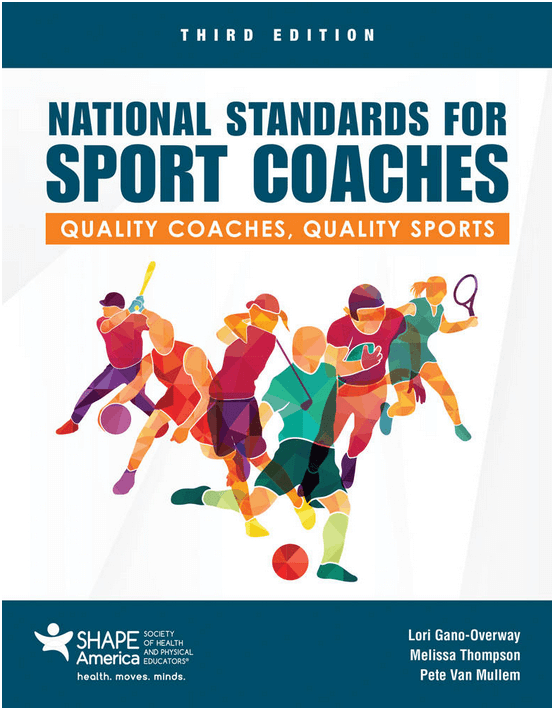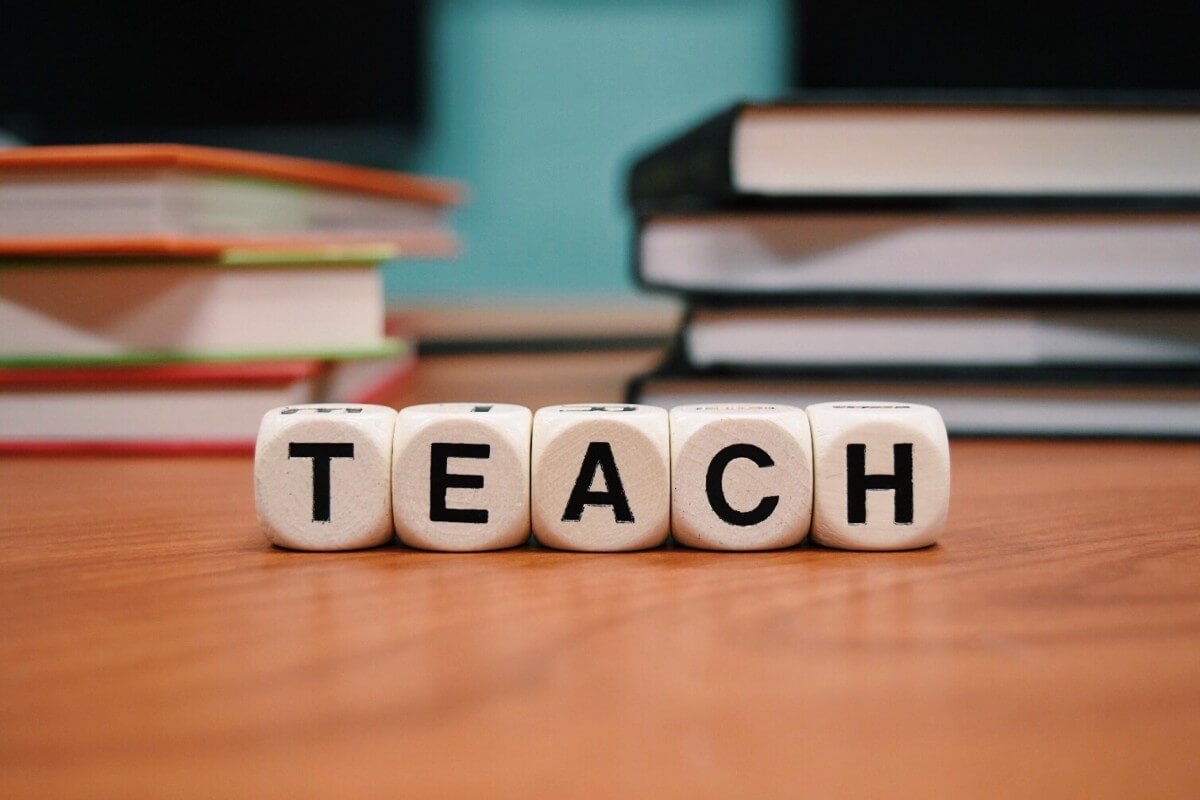
I (Dan) have been a literacy teacher and endurance coach (cross country, nordic skiing, and track and field) for over a decade, and a lifelong student and endurance athlete most of my life. Teaching and coaching, beyond raising my family, has been one of the absolute highlights of my life. From inspiring kids to read and developing their confidence as writers, to helping people become lifelong runners, skiers, and active people fills me with a sense of pride.
 In the early part of my career, I viewed these roles as separate entities in which knowledge would be gained by studying my craft in these specific areas. In fact, these professional roles have informed my philosophy of teaching and coaching in ways that are truly remarkable and supported by what I would describe as parallel research. Over the years I have observed that the following realities apply to both my teaching of literacy and coaching of endurance athletes:
In the early part of my career, I viewed these roles as separate entities in which knowledge would be gained by studying my craft in these specific areas. In fact, these professional roles have informed my philosophy of teaching and coaching in ways that are truly remarkable and supported by what I would describe as parallel research. Over the years I have observed that the following realities apply to both my teaching of literacy and coaching of endurance athletes:
- Teach/Coach the Person First
- Our Purpose Has to Be Deeper Than Winning/Grades
- Our Words Matter
- Practice Matters
- We Need to Be Responsive to The Topic of Anxiety
- This Work Is a Marathon and Not a Sprint

Teach/Coach the Person First
When I started teaching and coaching, I was all about the plan. I was organized and knew what would happen and when. That being said, anyone who has ever worked with a group of young people writing a paper, understanding a book, or going for a long run/ski will tell you that the timeframe for each person to reach the destination or goal varies. What works for one young person, will not necessarily work for someone else. I am still organized but have come to realize that if I want to be successful as a teacher or coach, I need to focus on the individual person first. Educator Regie Routman (2021) put it well when she said, “The single most effective strategy to successfully teach writing is this: Focus on the writer first and the writing second.”
Whether we are talking about writing, reading, or endurance sports, I have found this to be true. Each individual comes to the table with different needs and an effective educator and coach work to help them get what they need. O’Sullivan (2019) referred to this as an athlete-centric coach. Understanding the importance of helping athletes help themselves come up with solutions and working to develop the needs of individuals as a means of building a stronger team that feels valued by the coaches they work with each day.
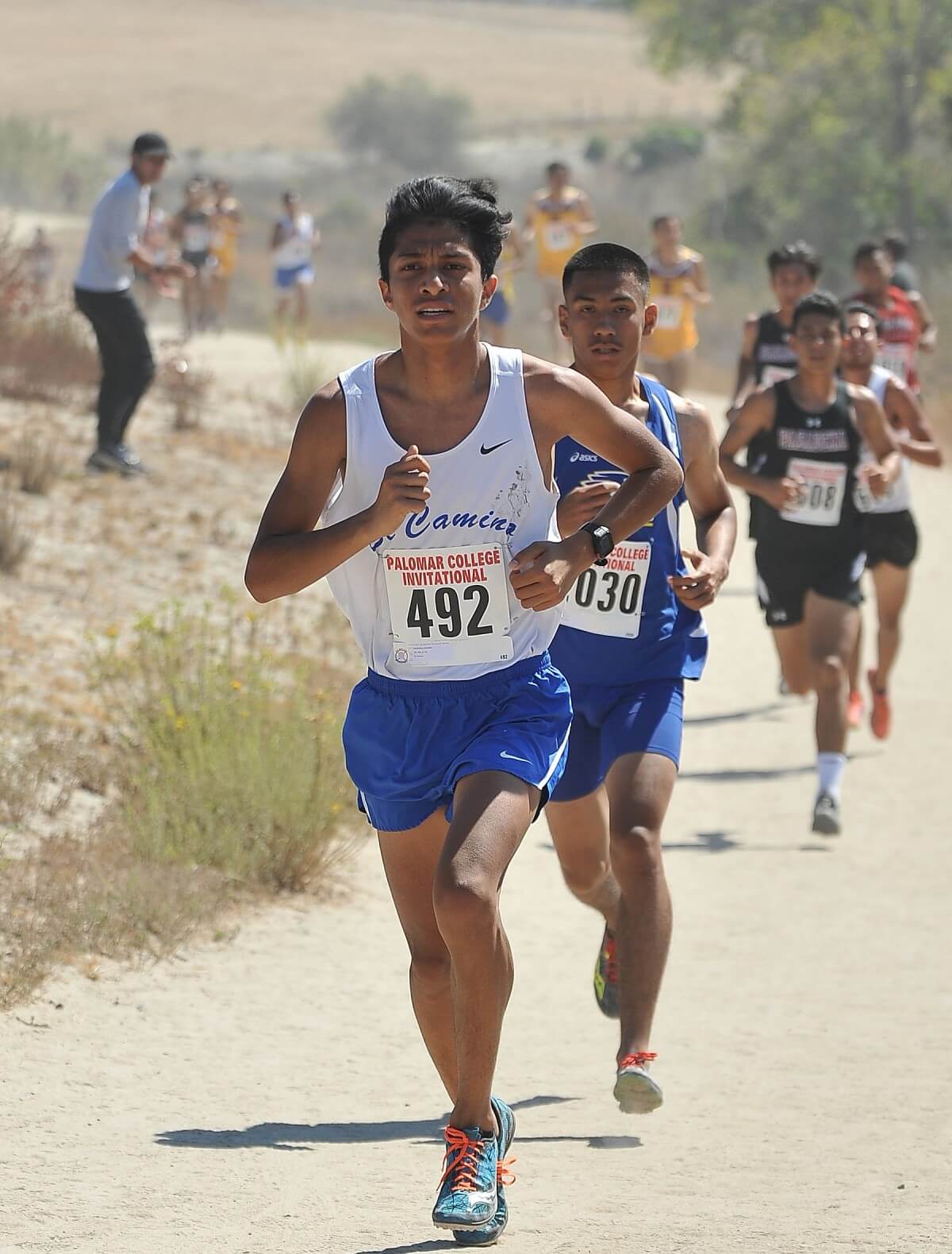
Our Purpose Has to Be Deeper Than Winning/Grades
I have been fortunate to work with many great teachers and coaches. One defining characteristic of these inspirational people is that they give young people a deeper reason than simply winning or getting a good grade. Dorrance (2015), called it “playing for something greater than yourself.” As an educator, my purpose has been focused on intrinsic joy: utilizing what my students are passionate about as a means to help them reflect and grow as literate individuals. It has been through their interests that I am able to hear them most authentically and then work with them to help them grow as readers and writers in ways that are structured to encourage intrinsic motivation, reflection, and conversations around growth.
Donalyn Miller (2011) is a former sixth-grade literacy teacher and author who brilliantly used her passion as a reader to challenge her students to read 40 books (or more than they had in the past). The challenge to her students combined with Miller’s passion and gift for talking about books helped her students not only succeed on standardized tests but more importantly, develop their own love of reading. Endurance athletes cannot control how other people race, but as a team, we can control what we do to prepare to do our best. When everyone believes their efforts are important to the team’s success, a culture of positive growth and belonging is cultivated for all.

Our Words Matter
Words can change a young person’s perception of themselves and fundamentally change the direction of their lives for the better or for the worst. No author has helped me realize this truth more than Peter Johnston, who has spent countless hours observing highly effective literacy teachers and what exactly these teachers say that influences the students they teach.
Johnston’s (2003, 2011) work in observing highly effective classrooms explored how our words can change a student’s perspective living a literate life and themselves as young people for the best. Great coaches find ways to use their words to encourage and support their athletes as well. We capture what Heath et al. (2019) called EPIC (Elevation, Insight, Pride, Connection) moments by being responsive in real-time because we know those can make for defining memories that alter the trajectory of one’s life. Our words matter!
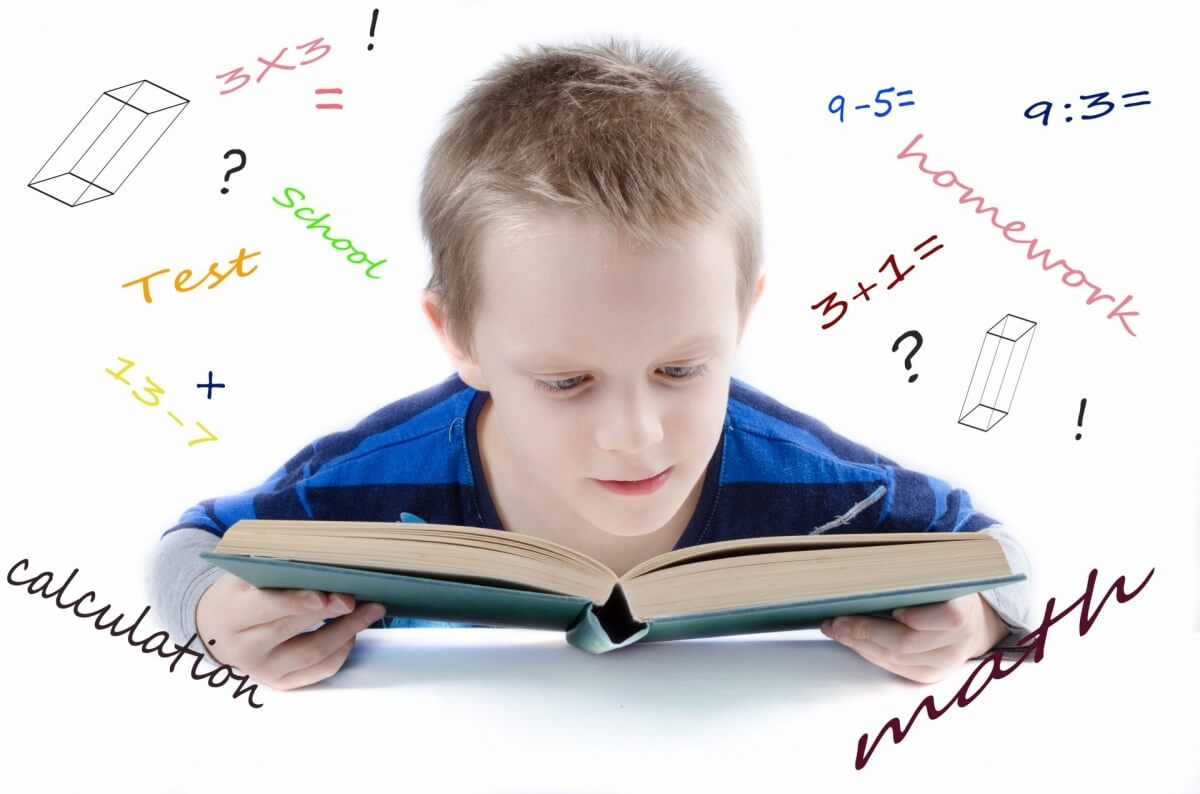
Practice Matters
Imagine going to a cross country practice where kids do not run, or a cross country ski practice where kids do not ski. I would imagine an athletic director would be concerned that the coach did not know what they were doing. That being said, practice is often viewed as extra in many literacy classrooms. Early on in my career, I was certainly guilty of this. It was not until I learned to let go of some control that I was able to provide my students more time to practice what I was talking to them about. I have also had people come into my room to observe me while students were reading or writing only to ask to come back later when I would be teaching. This comment always puzzled me because I often find the most important teaching I do in a day happens at the individual level. That one on one or small group conversations allow for reteaching, confirmation of understanding, and affirmations that a child’s efforts are making a difference in their work. Although sad to admit, Allington’s (1977) article, “If They Don’t Read Much, How They Ever Gonna Get Good?” still rings true today in some literacy classrooms. Whether endurance training or literacy work, our most valuable asset is the time we have with the young people we serve and what we choose to do with that time.

We Need to Be Responsive to The Topic of Anxiety
In our hyper-connected, social media-driven society with rising cases of social and sports-induced anxiety, educators and coaches need to be responsive to the fact that anxiety around competition and from my perspective, writing tend to be real concerns for a growing number of young people. As a young cross-country runner, my results were usually posted on a piece of tagboard with my competition sticker stuck to the results only to be thrown away at the end of the meet. Today most results are recorded digitally and there forever. Times have changed. As a society, we must do more to be informed about the topic of anxiety.
One simple way we can assist our students is what O’Sullivan et al. (2018) called the “RIVER Effect.” The acronym can help educators and coaches assist their pupils with anxiety by noting why they are Relevant and Remarkable, help them to see why what they do is Important and Inspired, to show them Validation and Value, Empowerment and that you are Excited to be there with them, and finally that they know they are Revered and Respected as fellow human beings. These actions whether in the classroom or at the athletic practice can help young people and coaches/educators keep the work in perspective and create an environment that eases feelings of anxiety.
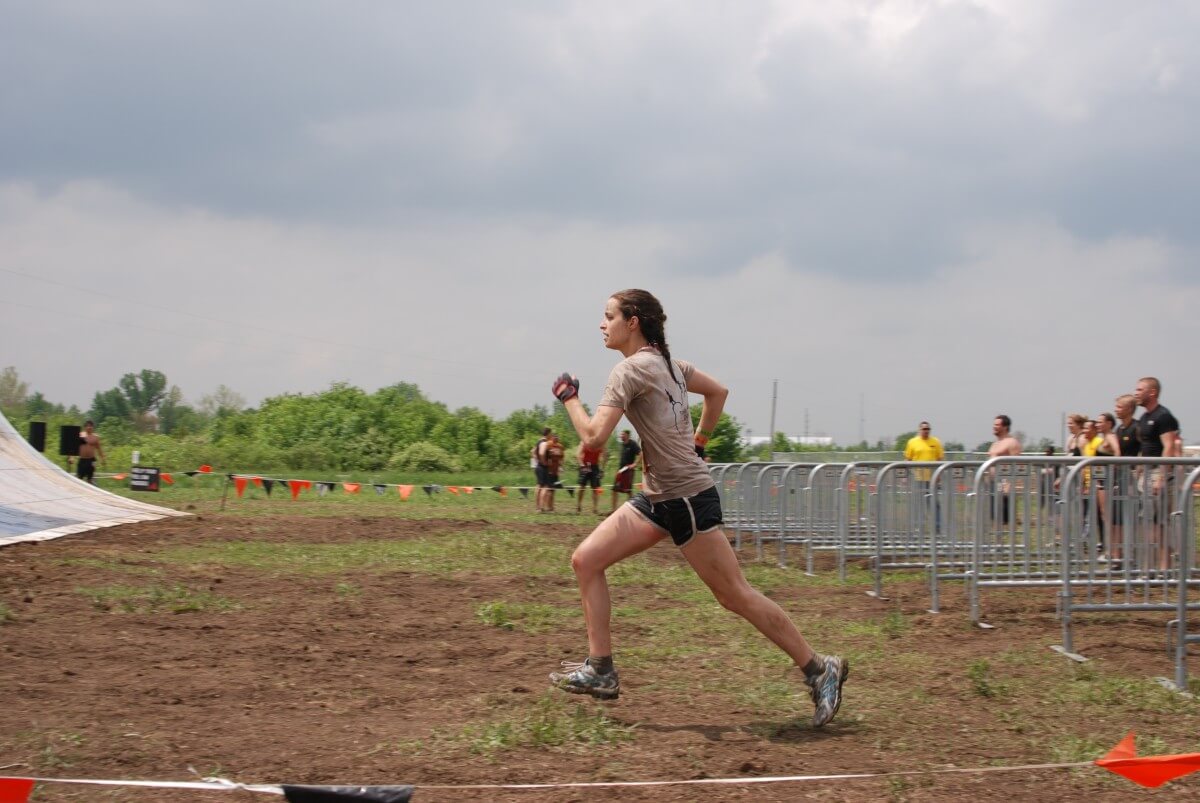
This Work Is a Marathon and Not a Sprint
As a literacy teacher and endurance coach, I have learned that my work is not a sprint but a marathon. Our development as people takes time, reflection, and care. I can think of many former students and athletes whose life trajectories were changed because of their joyful pursuit of excellence as readers, writers, runners, or skiers over the course of their middle school and high school careers. Teachers and coaches are well-positioned to help young people with this vitally important work. The truth is that building long-lasting success with endurance athletes and students takes time. It takes a foundation of relational trust, time to put in the work, and a reflective dialogue around growth to help support or develop an intrinsic drive for young people to accomplish more than they may have thought possible.
Conclusion
How we consider the needs of the young people and the kinds of practice we ask them to do with the time we have together, can fundamentally change the course of their lives in terms of their willingness to engage in endurance sports and literacy-based activities. Our words and actions matter as they can help reduce anxiety and fill young people with pride and a sense of accomplishment in their pursuit of better understanding themselves. The goal is continued engagement through building a foundation of joy, pride, and a sense of accomplishment with each young person we encounter.
I often wonder what kind of coach I would be if I was not a teacher or what kind of teacher I would be if I were not also a coach. I am grateful to have learned many lessons over the years from coaches, educators, and student-athletes in my life who have helped me continue to learn and grow as a human being. Here’s to continuing this lifelong journey.
References
Allington, R. L. (1977). If they don’t read much, how they ever gonna get good?” Journal of Adolescent & Adult Literacy, 21,(1), 57–61. doi:10.1598/jaal.21.1.10.
Dorrance, A. (2015, Oct 11). Anson Dorrance: Grading character. What Drives Winning, www.youtube.com/watch?v=IpHFVu3dPGs&t=57s.
Heath, D., & Heath, C. (2019). The Power of Moments. Random House UK.
Johnston, P. H. (2003). Choice Words: How Our Language Affects Children’s Learning. Stenhouse,
Johnston, P. H. (2011). Opening Minds: Using Language to Change Lives. Stenhouse Publishers: Portsmouth, NH
Miller, D., & Anderson, J. (2011). The Book Whisperer: Awakening the Inner Reader in Every Child. Scholastic Inc.
O’Sullivan, J., & Lynch, J. (2018, Aug. 5). Way of Champions Podcast: #73 Jerry Lynch and John O’Sullivan Discuss How We Use THE R.I.V.E.R. Effect to Connect with OUR Athletes, and You Can Too on Apple Podcasts. Way of the Champions Podcast, podcasts.apple.com/us/podcast/73-jerry-lynch-john-osullivan-discuss-how-we-use-r/id1223779199?i=1000417261484.
O’Sullivan, J. (2019). Every Moment Matters: How the World’s Best Coaches Inspire Their Athletes and Build Championship Teams. Changing the Game Project.
Routman, R. (2020, Aug. 5). 10 actions that put student writers first. MiddleWeb. www.middleweb.com/43499/10-actions-that-put-student-writers-first/?fbclid=IwAR2dVE3GcTYreZHaHsL5pX6sS1rQdUQdfkX00CyWPuOx-aX8j8-Vx3ip5WA&utm_campaign=Literacy+Essentials&utm_content=173847722&utm_medium=social&utm_source=twitter&hss_channel=tw-22811975.
